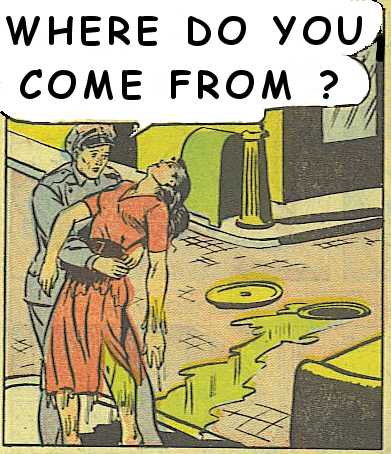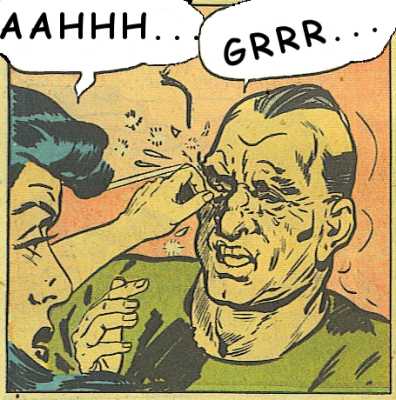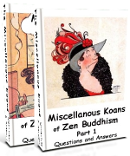About me - Who am I?
Who am I? Reinhard aren't I?I'm in my late-seventies, a German-Australian who worked as Germans do: restless, stressful and with only short breaks, year after year.

What is Zen?
Now I'm living for about 10 years in Australia with Elle, who also had a website, about Sydney Australia.
I have practised meditation since I was in my early forties. Most of the time in the a Japanese Version of Buddhist meditation: Rinzai Zen.
I experienced its many faces.
- Zen has a reputation for quality, precision and simplicity.
- Zen is the most minimalist form of spirituality.
- Zen is rigid and harsh, male and ambitious
- Zen supports all kinds of martial arts.
- Zen is a contradiction in itself, a paradox.
- Zen doesn't allow any definition of Zen. It actually doesn't allow anything.
- Just stick to what you are told to stick to. That's the easiest way to go in Zen.
"In Zen it doesn't matter where you sit: on the floor, a bench or a chair.No, it is not.
Just keep your hands in your lap, your eyes one third open with your mind concentrated on your breath. Breath in, breath out. That's all".
"Japanese culture is alien to the West. The Western imitation of Japanese Zen is a hurdle for meditation not a help."Right.

The History of Zen Buddhism
Without moving to another place, I ended up in ancient China.
One thousand five hundred years ago, a protest movement of Chinese monks challenged their Buddhist superiors.
"Wisdom only comes through meditation"That's what I'd looked for. I was immediately fascinated.
was their motto.
But how to take up attitudes, habits and a practice gone for hundreds of years with only a few pictures and documents left?
Fortunately I'm not the first to ask this question.
Others, throughout the history of Zen, had found the solution: Don't teach Zen. Do it.
This approach undermines the school concept. Don't take the master serious. Zen rituals, prayers and robes not only look like comedy, they are comedy.
There is nobody to bow to. Kill the Buddha. Burn its wooden statues.

Zen practice
Laugh, laugh with the fat Chinese laughing Buddha.
Meditate, forget to achieve a holy state of mind.
Forget it.
"Holy is a four letter word," monk Bodhidharma told Emperor Wu right in the beginning of Chinese Zen.
A good program and advice, isn't it?
But how to translate the ancient Zen into today's world?
A year ago I suddenly found David Hintons "Chan" translations.
Zen is only the Japanese misreading of the Chinese characters for Chan. This made me change the wording of many parts of my site.
In addition the translation of all 30 ancient Chinese books: Records of the transmission of the lamp by Randolph S. Whitfield is finished. Reading the biographies and stories our Chinese masters shows that the Japanese Koan answers are useless on the way to gain some inside into oneself
But there are Zen centers around the world and well minded people are totured with Koan answers. Here they are!
How to make it work in modern times, for contemporary people?
How to bring the Chinese laughter and meditation practice on a website?
I sat with these questions for quite some time. Perhaps just to do it. Could I put a website together out of the blue?
I tried.
It wasn't a just-to-do-it work. I got sick of it, I was close to give up with all my doubts. But I'm not a quitter and Elle helped me a lot.
Zen can't be explained, it can only be lived. Any explanation about the site would only destroy your experience.
Zen is not nice. It shows you yourself in a dark mirror.



